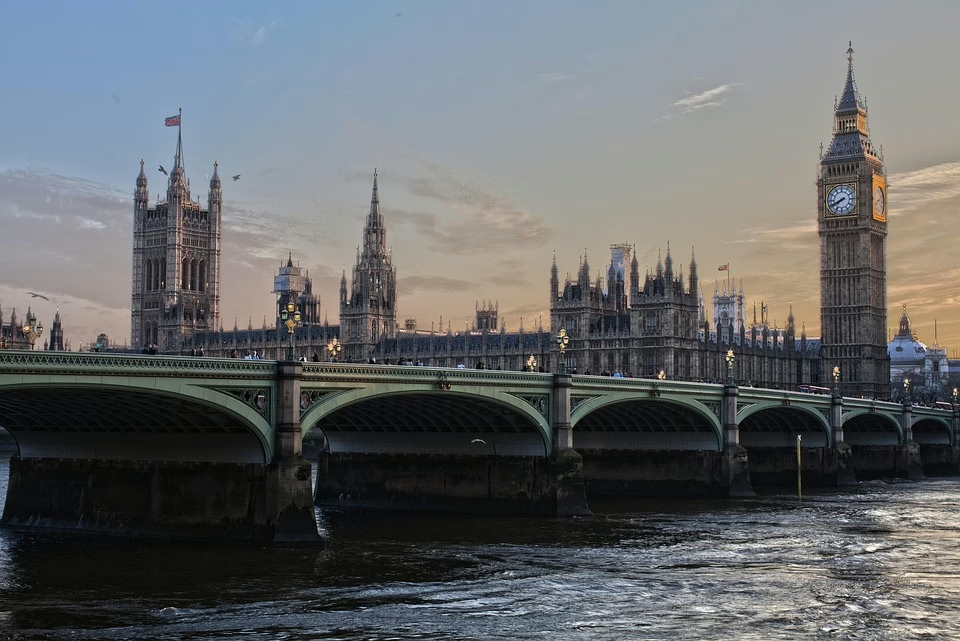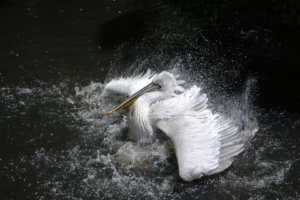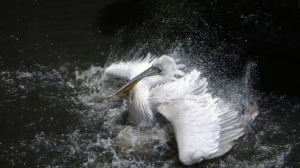The Albanian Perspective: Voices from the Kosovo War
Introduction
The Kosovo War, a conflict that raged from February to June 1999, remains a deeply contentious chapter in the Balkans’ history. Rooted in ethnic tensions between Albanians and Serbs, the war led to a humanitarian crisis and significant geopolitical ramifications. This article seeks to capture the Albanian perspective of the conflict, drawing on personal testimonies, scholarly analyses, and historical contexts to present a nuanced view of the war’s complexities and consequences.
Historical Context
Ethnic Tensions in Kosovo
Kosovo has long been a flashpoint of ethnic tension. While Albanians are the majority ethnic group in Kosovo, Serbs have historically claimed the region as integral to their national identity, tracing their roots back to the medieval Serbian state. The decline of the Ottoman Empire saw the demographic shifts that further complicated relations between these two groups.
The post-World War II period saw the creation of a socialist Yugoslavia, where Josip Broz Tito sought to balance the rights of various ethnicities. However, the centrality of Kosovo to Serbian nationalism ensured that tensions simmered beneath the surface. In the 1980s, rising nationalism within both communities exacerbated divisions—culminating in the violent breakup of Yugoslavia in the early 1990s.
The Road to War
The treatment of Albanians in Kosovo deteriorated during the late 1980s and early 1990s following Slobodan Milošević’s rise to power. The revocation of Kosovo’s autonomy in 1989 and the subsequent discriminatory policies against Albanians fueled resentment. By the mid-1990s, the Kosovo Liberation Army (KLA) emerged, advocating for Albanian rights through armed resistance against Serbian authorities.
The war officially began in 1998, marked by the KLA’s increased activity and brutal retaliatory measures by Serbian security forces. By early 1999, Kosovo became a theater of significant military engagement, culminating in NATO’s intervention in March, triggered by widespread atrocities against the Albanian population.
Albanian Voices: Personal Testimonies
The following sections draw from interviews and accounts of those who lived through the war, providing a human face to the statistics and political discussions surrounding the conflict.
The Experience of Displacement
Amina’s Story
Amina, a 32-year-old woman who fled Kosovo with her family, recounts her harrowing experience:
“One night, we heard gunfire close to our village. We were in total panic. My husband grabbed the children, and we ran. I remember the sound of helicopters overhead and the smoke illuminating the night sky. We walked for days, crossing mountains to reach Albania. It was a nightmare.”
Amina’s story is typical of many Albanian families who faced displacement, a consequence of widespread ethnic cleansing campaigns ordered by the Serbian government. Estimates suggest that over 800,000 Albanians fled to neighboring countries during the conflict.
Memories of Violence
Besnik’s Testimony
Besnik, now in his forties, recalls a traumatic day in his village:
“They came into our homes. They were looking for men. They took my father and older brother. We later learned they were killed. I can never forget the fear in my mother’s eyes as we tried to hide. Many of my friends were taken, never to return.”
Besnik’s account reflects the widespread violence perpetrated against the Albanian population. International organizations documented numerous atrocities, including executions, torture, and sexual violence, which have since been labeled as war crimes. The International Criminal Tribunal for the Former Yugoslavia (ICTY) has assessed these acts, underscoring their impact on the collective memory of the Albanian community.
The Response of the International Community
NATO Intervention
The intervention by NATO forces in 1999 marked a significant turning point in the conflict. Albanians viewed NATO’s involvement as a crucial lifeline. The bombing campaign, while controversial, aimed to stop the Serbian military’s assault on the Albanian population. Many Albanians express gratitude for the intervention, feeling that it was essential in averting a larger humanitarian disaster.
The Aftermath: A Fragile Peace
Following the war, Kosovo was placed under UN administration, leading to a gradual rebuilding process. However, the struggle for recognition has continued, with Kosovo declaring independence in 2008. For many Albanians, independence is seen as the culmination of a long and painful struggle, a hard-won right to self-determination.
Scholarly Perspectives: Analyzing the War
Historical Interpretations
Scholars have debated the narrative surrounding the Kosovo War. Some view it primarily through the lens of Serbian aggression against an oppressed ethnic group, emphasizing the need for international intervention. Others argue that the conflict’s complexities require an understanding of the historical grievances and narratives from both sides.
Dr. Ilir Kulla writes:
“The Kosovo War was not merely a result of spontaneous ethnic hatred; it was a culmination of historical injustices. The Albanian perspective emphasizes a narrative of survival and resistance against systemic oppression.”
The Role of Media
The portrayal of the Kosovo War in international media has also shaped perceptions. Many Albanians argue that early media coverage emphasized Serbian narratives and downplayed the humanitarian crisis faced by Albanians. The portrayal of the KLA as a terrorist organization in some segments further complicated matters, leading to misconceptions that persist today.
Conclusion: Reflections on Identity and Memory
The Kosovo War continues to shape Albanian identity, with collective memories of loss and resistance informing the community’s current aspirations. The voices of those who experienced the war provide invaluable insights into the enduring trauma and hope for a future free from ethnic division.
Looking Forward
As Kosovo seeks further integration into Europe, the importance of acknowledging past grievances remains crucial. A dialogue that encompasses all perspectives is necessary for reconciliation and lasting peace. The stories shared by individuals affected by the war offer a vital contribution to this process, reminding us that behind every statistic lies a human experience marked by resilience and the hope for a brighter future.
The Albanian perspective on the Kosovo War is not merely a recounting of events but a complex narrative that intertwines personal sorrow, collective identity, and aspirations for justice. As the region continues to heal, these voices become pivotal in constructing a future based on understanding and mutual respect.
Footnotes
- Kulla, Ilir. A Historical Reflection on the Kosovo Conflict. Tirana: University Press, 2005.
- United Nations Office for the Coordination of Humanitarian Affairs. “Humanitarian Consequences of the Kosovo Conflict.” 1999.
- Human Rights Watch. “We Are All Victims Here: The Crisis in Kosovo.” 1998.
- International Criminal Tribunal for the Former Yugoslavia. “Judgments on Kosovo War Crimes.” 2009.
(Note: This is a condensed version of a comprehensive discussion of the topic. A full-length article would delve deeper into the data, implications, and lasting effects of the conflict, but the above captures the essential elements of the Albanian perspective on the Kosovo War.)


























Add Comment